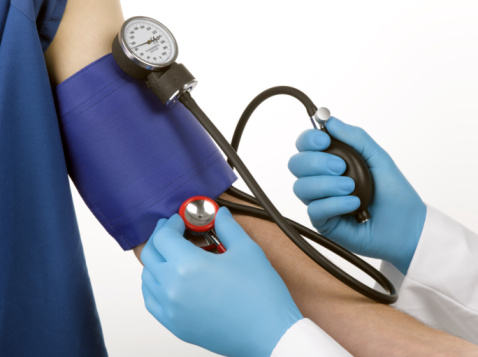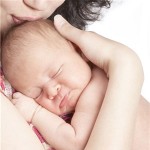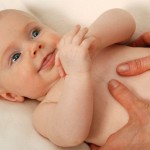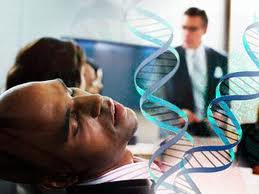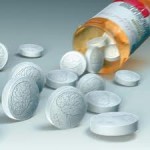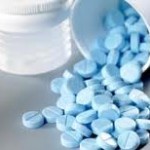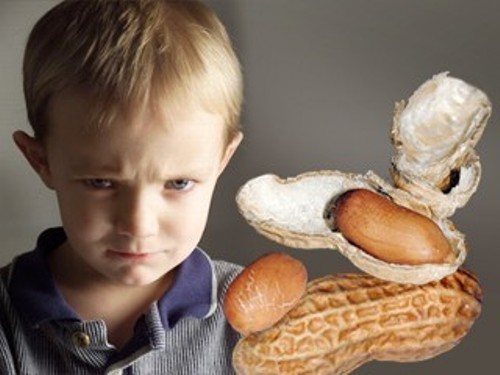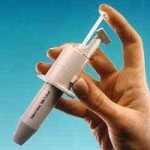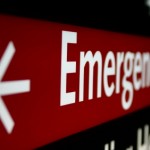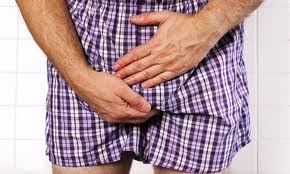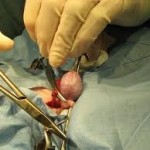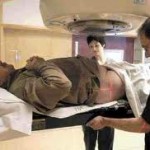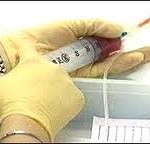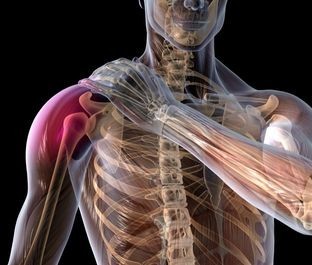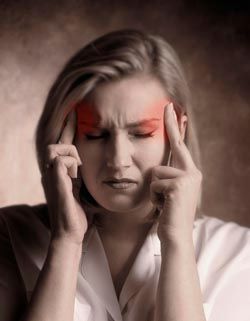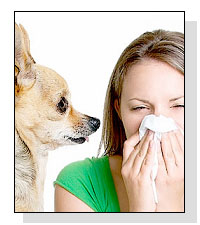Hypotension or also known as low blood pressure is medical condition that can be life threatening. However, majority of people strive to have a normal blood pressure, but a low blood pressure can cause hypotension symptoms that may harm the person.
Generally, blood pressure varies from each person, in some cases; a reading of 90 systolic and 60 diastolic may mean low blood pressure. However, those who have constant high blood pressure, a reading of 100/60 may give symptoms of low blood pressure.
Considerably, if the low blood pressure does not give any alarming signs like dizziness, it is not considered low blood pressure. However, when symptoms like dizziness or fainting develops, hypotension may be the culprit.
There are various reasons for hypotension but the most common cause is dehydration. The causes for hypotension are can be treated, though, it is important that the main cause is known by the patient, in order to avoid serious problems later on.
What are the Hypotension Symptoms?
Hypotension symptoms can be a sign that there is underlying serious health problem. Especially if the sudden drop of low blood pressure is observed along with several symptoms. Some of the symptoms of hypotension may include:
- Dizzy
- Feeling of lightheadedness
- Lack of focus
- Thirsty
- Blurry vision
- Rapid pulse rate
- Nausea
- Tired
- Anxiety
- Cold clammy skin
- Fainting
Symptoms of hypotension are generally ignored by majority of people as they dismiss it is non-serious. However, if symptoms of low blood pressure affect you in several occasions, it is recommended that you see your health care provider. Your doctor may run some routine exams to rule out serious causes.
What are the Causes of Hypotension?
Currently, the ideal normal blood pressure is equal or lower than 120/80 while majority believe that 115/75 is the most ideal. The blood pressure of a person varies from one person to another. The measurement of blood pressure is affected by different factors.
Factors that affect the measurement of blood pressure may include:
- Physical condition
- Foods and drinks
- Breathing rhythm
- Activities
- Stress level
However, studies show that blood pressure is normally low at night and increases upon waking up in the morning.
Hypotension seems go unnoticed at times and may not cause alarm if it does not exhibit symptoms, however, if low blood pressure develop symptoms, it may need medical attention.
Your physician should know the possible causes of your hypotension. Some common causes of hypotension may include:
- Pregnancy is one common cause of hypotension. A pregnant woman may observe that during the first twenty-four weeks of pregnancy, the diastolic pressure as well as the systolic may drop. This will normally return to its normal measure after giving birth.
- Heart problems may also be the reason for hypotension. Heart conditions like heart valve problems, heart failure and heart attack may result to low blood pressure.
- Endocrine problems can be another reason for hypotension. Hypothyroidism or hyperthyroidism can cause low blood pressure.
- Other medical conditions like diabetes, hypoglycemia and Addison’s disease can also lead to low blood pressure.
- Blood loss due to major injury or internal bleeding lessens the amount of blood in the body thus leading to sudden drop of blood pressure.
- Dehydration can also lead to hypotension. Severe dehydration may even lead to death.
- Anaphylaxis or severe allergic reaction may cause severe breathing problems, hives, itchiness and hypotension.
Aside from medical conditions, medications can also cause hypotension. Some medications that may affect the measurement of blood pressure are:
- Beta blockers
- Diuretics
- Medications for Parkinson’s disease
- Some kinds of antidepressants
What are the Treatments for Hypotension?
Some treatments for hypotension may include:
1. Drink water
 Water is recommended to let the patient hydrated. Water increases the blood volume that is needed to normalize the blood pressure. 8 – to 12 glasses of water is recommended, and if you have hypotension, you may consider drinking more.
Water is recommended to let the patient hydrated. Water increases the blood volume that is needed to normalize the blood pressure. 8 – to 12 glasses of water is recommended, and if you have hypotension, you may consider drinking more.
2. Use compression stockings
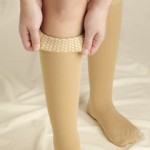 Elastic stockings are recommended to relieve the swelling of varicose veins. This may help in reducing the pooling of supply of blood in the legs area.
Elastic stockings are recommended to relieve the swelling of varicose veins. This may help in reducing the pooling of supply of blood in the legs area.
Â
Â
Â
Â
Â
3. Medications
 Medications are given to normalize the blood pressure and to prevent the sudden drop of the blood pressure.
Medications are given to normalize the blood pressure and to prevent the sudden drop of the blood pressure.
4. Quit alcohol
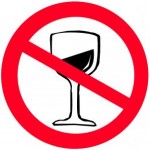 Quitting alcohol is necessary since alcohol can cause dehydration and can cause sudden hypotension. Avoiding alcohol may lessen the symptoms of hypotension.
Quitting alcohol is necessary since alcohol can cause dehydration and can cause sudden hypotension. Avoiding alcohol may lessen the symptoms of hypotension.
5. Have a healthy diet
 A healthy diet which is composed of variety of foods may give you the all the nutrients your body needs. A variety of fruits, vegetables and fish is recommended for those who have hypotension.
A healthy diet which is composed of variety of foods may give you the all the nutrients your body needs. A variety of fruits, vegetables and fish is recommended for those who have hypotension.
Hypotension is a manageable health condition. However, if severe hypotension symptoms like fainting spells are observed, you have to visit your physician to rule out other serious conditions.
